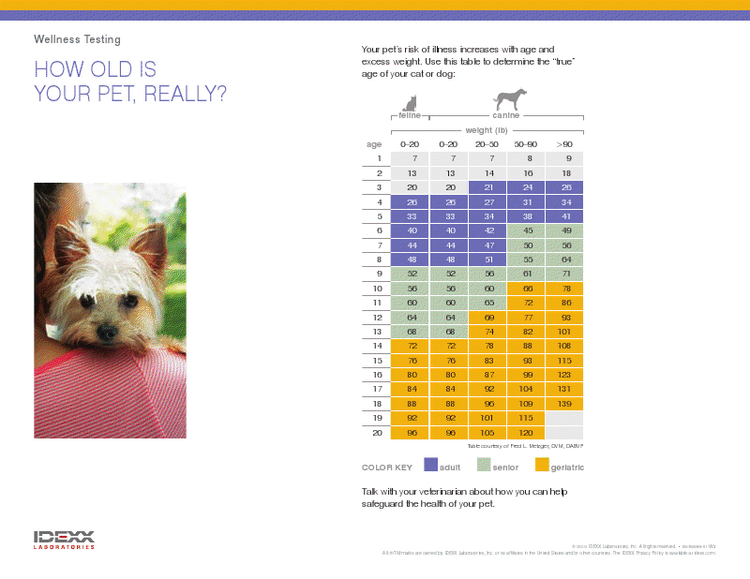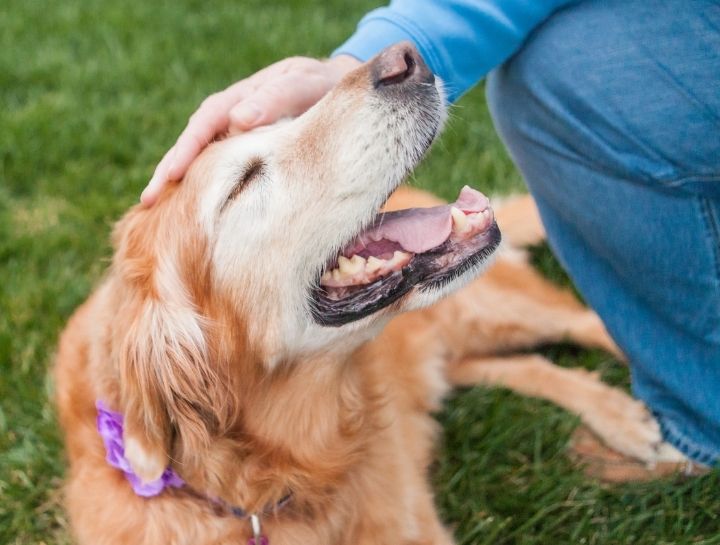Senior Pet Care
How your pet's needs change.
Advances in veterinary medicine have made it possible for pets of all kinds to live long, healthy lives. However, when they become seniors, they require extra attention and medical care which is why it’s important to understand how their needs change as they age.
Did you know that at or around age 7, your pet is entering his or her senior years?
Some simple preventative measures you can take to ensure your older dog or cat enjoy a lifetime of good health include comprehensive bloodwork which can detect any abnormalities, in effect catching many health problems before your pet even exhibits symptoms. Early intervention is key to effectively managing many illnesses.
We also encourage bi-annual senior wellness exams. Remember 6 months in dog or cat years is equivalent to 3 in human years! Would you go 3 years without seeing your doctor? Remember to regularly inspect your dog or cat for any new lumps and bumps in addition to external parasites (fleas and ticks). Regular brushing and combing is a good way of detecting any of these. Let us know about any changes in behavior, bathroom habits, appetite, thirst, weight, mobility, sleeping patterns, energy level, or anything else you may notice.
Species, breed, and sex are factors in your pet's susceptibility to certain medical conditions. For example, Boxers are prone to heart conditions and intact male cats are at higher risk for urinary blockages. There are a variety of products you can incorporate into your pet's regimen, such as supplements, dental products, and a premium quality test-fed diet that can improve your pet's quality of life and help to prevent and combat disease. At your senior pet's next bi-annual exam, ask us which products may benefit him or her.

If you have questions about how often we should see your elderly pet or you’d like to schedule an appointment, please call us at (603) 253-7701.

